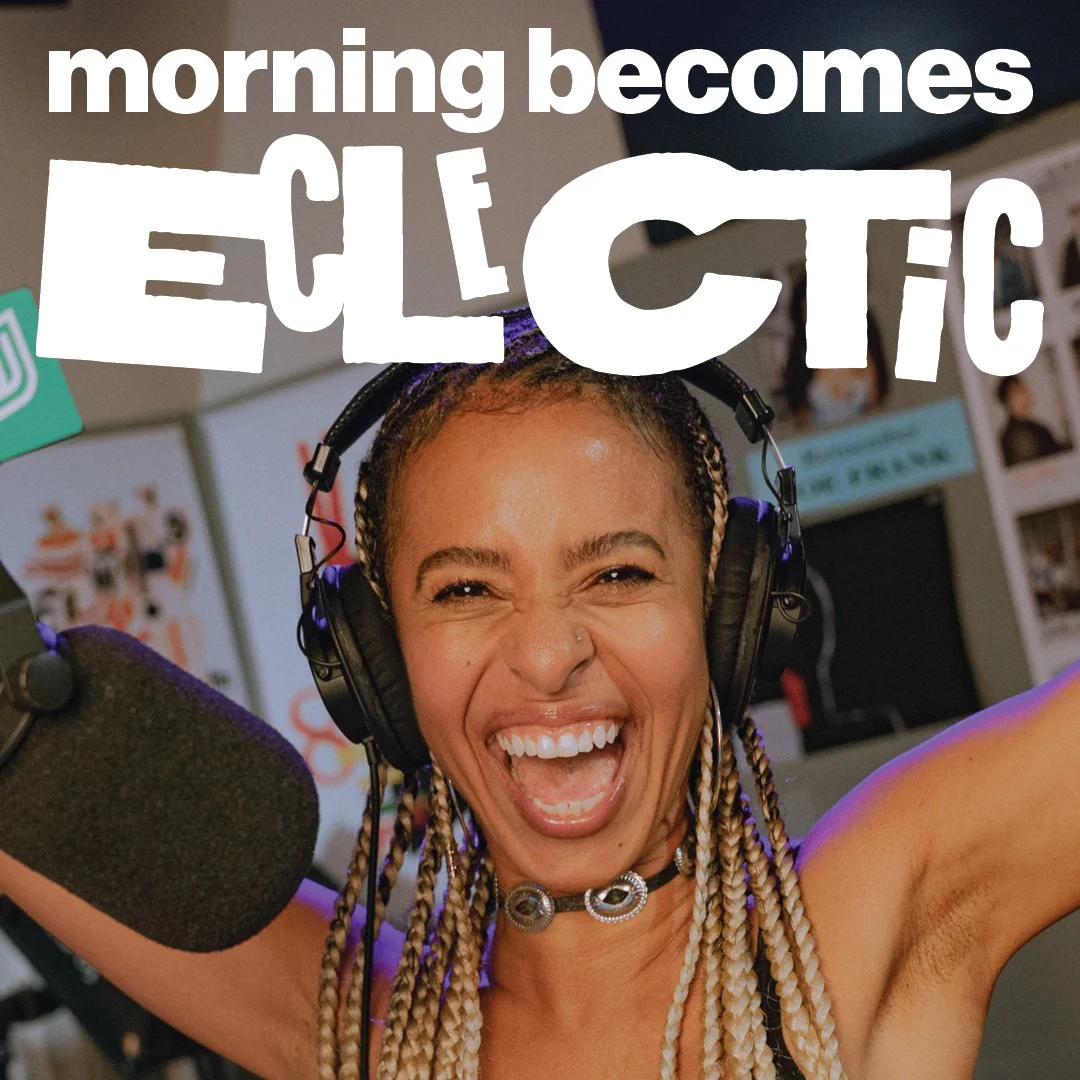Morning Becomes Eclectic
Morning Becomes Eclectic playlist: January 9, 2026
KCRW’s signature music program — defying format since 1977.

Milk
[Decca]
Composer
Danny Elfman shares music from the film
MILK and songs that inspire him on
Morning Becomes Eclectic at 11:15am.
Transcript
KCRW’s signature music program — defying format since 1977.
TOKiMONSTA drops original mixes just for KCRW. Every Friday in January.